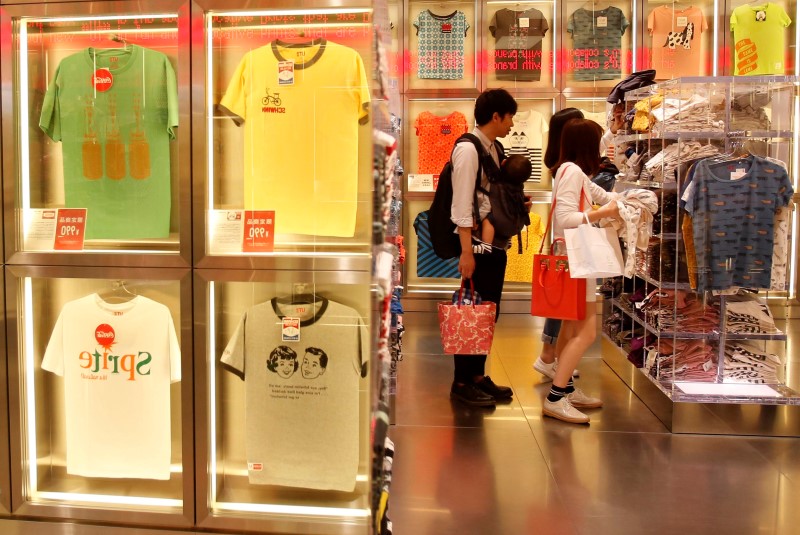By Ambar Warrick
Investing.com-- Japanese households reduced their expenditures in October, data showed on Tuesday, as pressure from rising inflation and a decline in the average wage income weighed on the spending capacity of consumers.
Household spending rose 1.2% in October from last year, beating expectations for growth of 1%, but falling sharply from last month’s reading of 2.3%, data from the Statistics Bureau showed.
Spending also slowed from last month, growing at a lower-than-expected 1.1% in October as compared to a 1.8% rise last month. Analysts expected month-on-month growth of 1.5%.
While private consumption was initially boosted by the relaxing of most anti-COVID measures in Japan this year, it has steadily trended lower due to pressure from high inflation and a weakening yen.
Japanese retail sales grew well below expectations in October, as consumer inflation surged to a 40-year high during the month. Price pressures are expected to have persisted at similar levels in November, as heralded by recent Tokyo inflation data.
Other readings on Tuesday also pointed towards continued pressure on household spending. Overall wage income of employees grew at a slowed 1.8% in October, as compared to a 2.2% rise in September, while average cash earnings grew at an annualized 1.8%, slower than expectations for growth of 2%.
The Japanese economy is facing increased headwinds from high inflation and a weakening yen, and had unexpectedly contracted in the third quarter, preliminary data recently showed.
While factors such as capital spending and industrial activity remained steady, a decline in consumer spending - a key driver of growth - is widely expected to keep economic growth subdued in the coming months.
Weakness in the yen, which was spurred by a growing rift between local and U.S. interest rates, has also contributed greatly to the economic slowdown by feeding inflation and making key fuel imports more expensive.
The yen was flat around 136.68 to the dollar on Tuesday.
